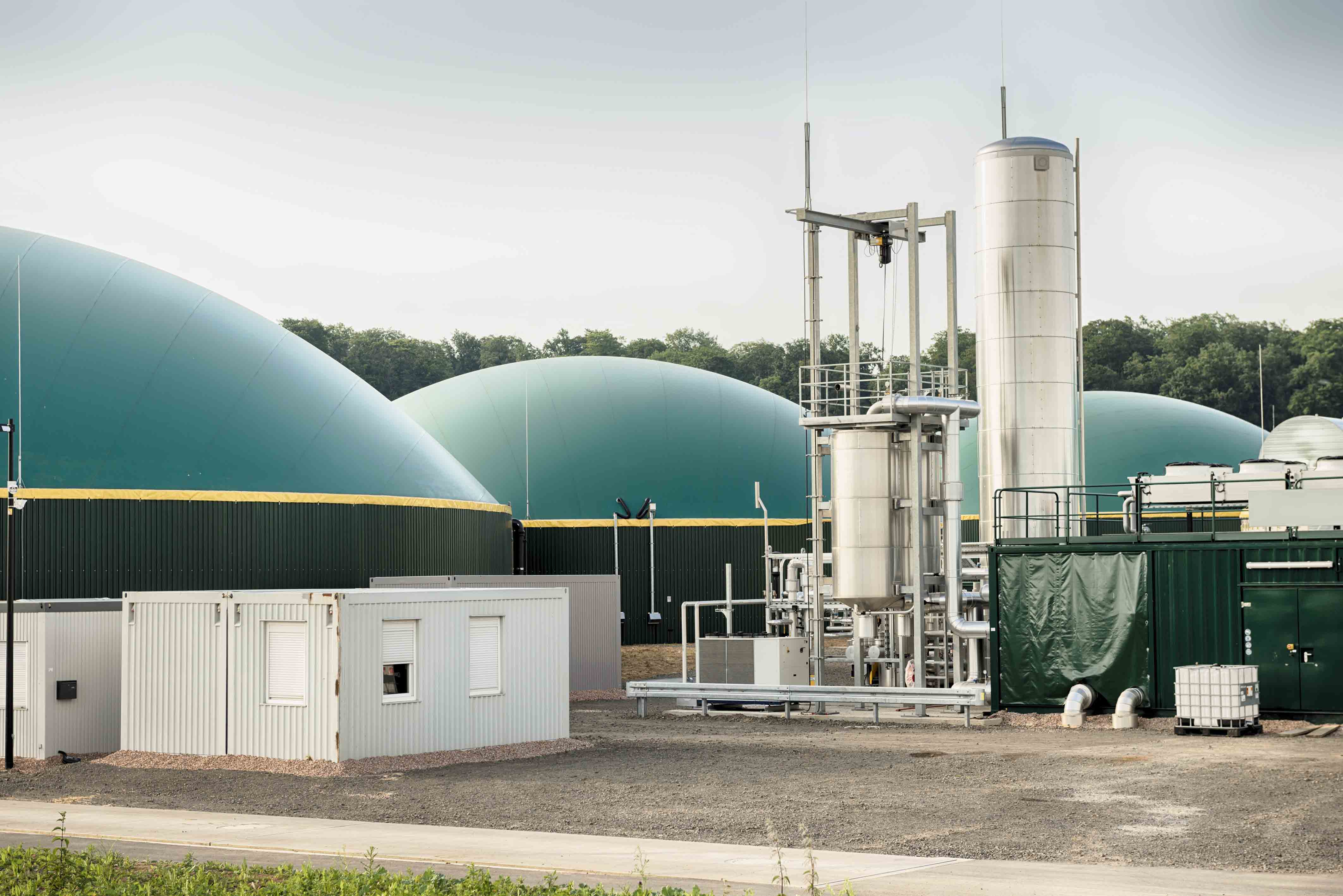QED Welcomes RHI Reforms As A Step In The Right Direction For The Ad Industry
QED Environmental Systems, the leading international supplier of environmental monitoring equipment, has welcomed the reforms to the Renewable Heat Incentive (RHI) scheme

This move by the Government is expected to kickstart the development of some 50 biomethane plants across the UK by 2020.
The new tariffs received the seal of approval in May this year ushering in a better deal for Anaerobic Digestion (AD) plant operators. Further changes including the permission to allow replacement plants where an original installation breaks down, amend the circumstances under which ‘estimated data’ can be submitted and clarification that RHI installations must have the necessary environmental permits, came into effect on 1 October 2018.
The Anaerobic Digestion & Bioresources Association (ADBA) estimates that these favourable rates will bring an investment of up to £400m, providing a much-needed push to the national biomethane industry.
The ADBA stated that the number of new AD plants being built in the UK had fallen in recent years, in line with decreases to the RHI tariffs. However, with the new RHI regulations providing a much-needed boost to the amount producers can claim, ADBA forecasts that the restored tariffs will encourage up to 50 new plants to be built over the next two years alone. This could generate up to an extra 2tWh of renewable heat per year, equivalent to a 50% increase in the biomethane industry’s output.
Graham Sanders Major Account Manager at QED, Geotech said: “We strongly believe that AD industry can substantially contribute to the government decarbonisation goals across heat, electricity, farming, waste, and transport. The RHI reforms definitely supports the industry to achieve this and it is a step in the right direction for all of us. QED is very excited about the exciting new opportunities these reforms have sparked and look forward to contributing to its development over the next few years. We are now, like the wider industry, keenly awaiting further news on where these plants may be.”
The new tariffs for biogas and biomethane are as follows, with the rates for biomethane being reset to 1st April-1st July 2016 levels:
• Biomethane Tier 1 - 5.60p/kWh
• Biomethane Tier 2 - 3.29p/kWh
• Biomethane Tier 3 - 2.53p/kWh
- Small biogas combustion (<200 kWth): 4.64 p/kWh
- Medium biogas combustion (200 kWth<600 kWth): 3.64 p/kWh
- Large biogas combustion (≥600 kWth): 1.36 p/kWh
There are a few T&Cs to be aware of – the tariff rates are applicable to new schemes or applications for additional capacity only. Biomethane installations registered between 14 December 2016 and 22 May 2018 also qualify for an uplifted tariff.
Under the revised regulations, at least half of the biogas produced by AD plants will have to be derived from feedstocks classified as wastes or residues (agricultural waste like manure, crop and food waste) in order to receive the full tariff.
Charlotte Morton Chief Executive at the ADBA said: “Biomethane produced through AD not only produces much lower levels of emissions than natural gas but is also home-grown, allowing the UK to increase its energy security and be less reliant on energy imports from abroad. AD is already reducing gas imports by 2% and has the potential to reduce them by as much as 16%.
“The restored RHI tariffs will give a vital boost to the AD industry’s ability to produce green gas over the next few years, but with emissions from heat accounting for a third of all UK greenhouse gas emissions and no clear government strategy yet identified for decarbonising heat, it’s imperative that the government commits to long-term support for biomethane beyond 2020 while the industry works to bring down costs to become financially self-sufficient.”
CONTACT
Helen Tipton
QED Environmental Systems Ltd
sales@qedenv.co.uk
www.qedenv.com
+44 333 800 0088
Sunday 21 October 2018 / file under Agriculture | Environmental



